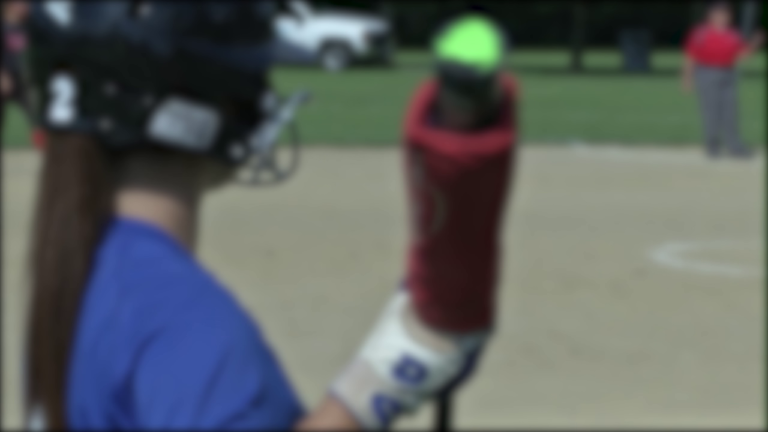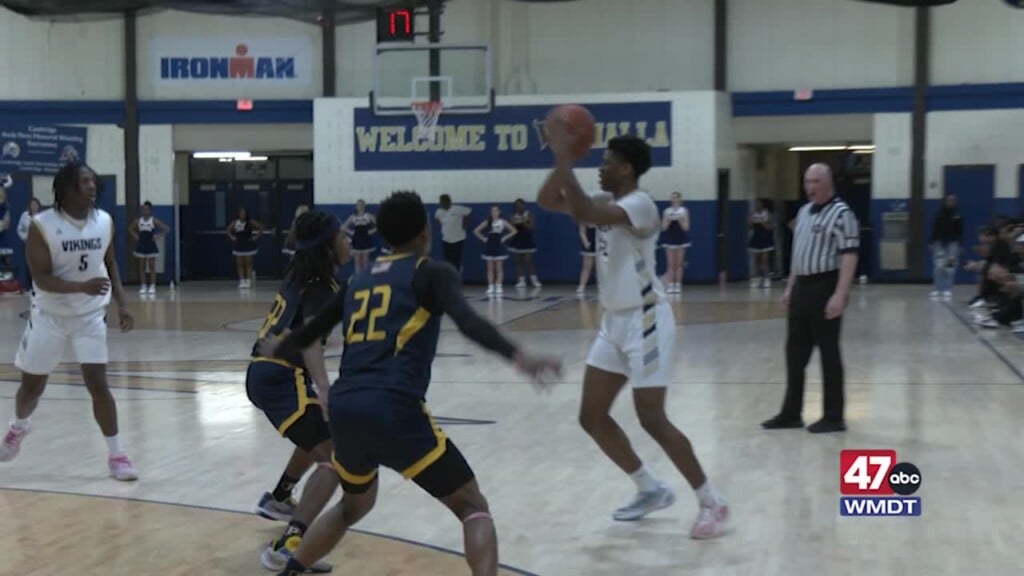Doctor: “Sports specialization is becoming a national epidemic,”

Winter, Spring, Summer, or Fall. Regardless of the season, young athletes are out there practicing and playing. Thing is in greater numbers they’re only playing one sport. “Sports specialization is becoming a national epidemic,” said Dr. Gabriel Lewullis, an Orthopaedic Sports Medicine Specialist at Bayhealth.
Dr. Lewullis tells 47 ABC that sports specialization is leading to physical injury. He says the issues stem from the constant year-round use of the same muscles, tendons and ligaments, in strenuous athletic activity. For example, in baseball a pitcher might start preparing for the season in the winter. Play throughout the spring, summer and fall, and continue that same cycle without giving those growing body parts any sufficient rest. Dr. Lewullis tells us this leads to overuse syndrome. “It can range from sprains and strains to actually disturbances in their growth plates to the point where they start to spread because of too much throwing,”
We’re told the overuse syndrome can be avoided with ample rest and by playing other sports and taking it easy, a philosophy adopted by Dover Track and Field coach James Solomon. He tells us he helps preserve his athletes through rest and a gradual build-up to competition time exertion, preventing wear-and-tear.
“You kind of tear it down to build it up,” and “We just ask them to do activities such as swimming and riding a bike, but not necessarily running and stuff,” said Solomon.
Dr. Lewullis tells us victims of overuse syndrome won’t suffer long-term if the issue is addressed quickly. He says the biggest concerns are children not speaking up because of the pressure they might feel from some parents or coaches who often have one thing on their minds winning a college scholarship for athletics. Dr. Lewullis says the injuries could affect adolescents as well as teenagers.
Specific rules in place by the Delaware Interscholastic Athletic Association (DIAA), the governing body of high school athletics help to limit the development of overuse syndrome. We’re told rules state that teams cannot practice for over two hours per day on a school day and three on a non-school day. Open gyms are allowed as well as preseason activities, as long as they do not include sport-specific drills. We spoke to Dover High Athletic Director Aaron Harris to see how exactly these rules are enforced. He told us, “They’re enforced here at your school site. The athletic director is in charge of enforcing them and the DIAA is over the athletic director.”
After a rules violation is reported, it is up to the DIAA Executive Director and the Board of Directors to hand down penalties.
